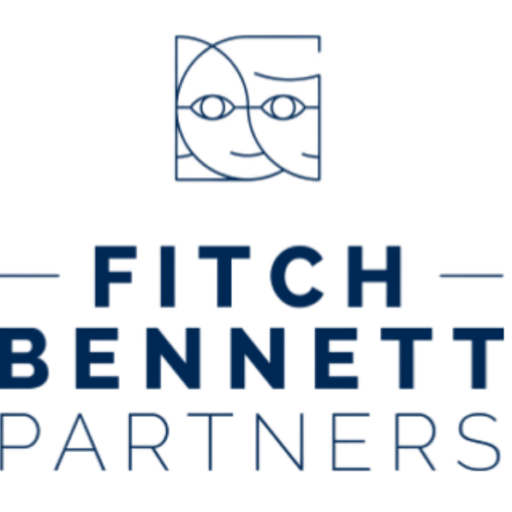In the face of many recent crises, from financial shocks to health emergencies and market reversals, corporate leaders have developed remarkable resilience and a capacity for rapid adaptation, essential in a VUCA (Volatile, Uncertain, Complex and Ambiguous) world.
This experience, enriched over the course of many trials, is all the more valuable today as a generational shift among shareholders redefines expectations of companies. These new shareholders, seeking transparency, ethics and social responsibility, are prompting a profound change in corporate strategies.
This transition underscores the growing importance of interpersonal skills, such as communication, empathy and conflict management, to complement technical know-how. These “soft skills” are becoming key competencies for coping with the complexities of an increasingly interconnected business world, and for making sound, rapid decisions.
A break with traditional methods
In this context, it is imperative to reinvent management committees, so that they embody the necessary vision, diversity and innovation. These committees must fully integrate today’s global challenges into their strategy, particularly in terms of technological evolution, marking a break with traditional methods and meeting the demands of changing shareholders.
The adaptation of management committees to the VICA world and to the aspirations of the new generation of shareholders is now strategic. This approach, combining technical and interpersonal skills, is key to ensuring the sustainable growth and resilience of companies, positioning them advantageously for the future.




